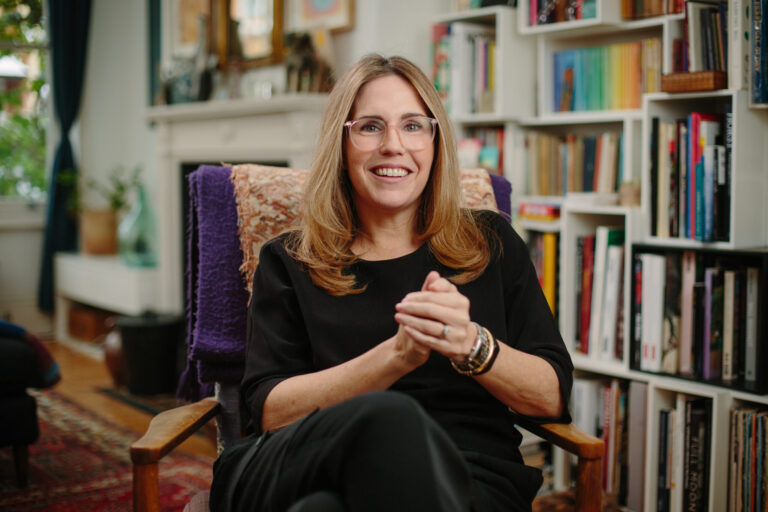Season 3: Building business resilience
Collective action to create business resilience

When thinking of business resilience, we often imagine digital, technological, or financial resilience to cushion various shocks and challenges. But ‘resilience’ is so much more than that. It takes many forms and is ever-evolving.
As business owners, we’ve always faced challenges. But collective resilience is fundamental to a healthier, more sustainable future, and there are many positive steps you can take to get there.
Tim smit
A common-sense approach
We call the Eden Project a social enterprise and the ethos we’ve cultivated for everything we do starts and ends with people. But the collaboration we’ve built within also feeds out to the wider community. It helps us to create a business ecosystem with a common-sense approach to using local expertise that we should all be building into our systems.
Over 80 percent of our suppliers are local businesses, so we help them to help us. In doing so, we have a better standard of the supply chain—one that’s mutually beneficial, protected mainly from outside market forces, and where everyone’s values and standards align. Between us, we’ve developed a framework where the wealth we generate together goes directly back into the region.
The glue that keeps us together
Being a force for good isn’t something any business can do alone. It needs joined-up thinking to create an inclusive, fair, and genuinely circular economy that benefits businesses of all sizes. The UK B Corporation Movement (B-Corp) is a leader in this area. Any business can be eligible for B-Corp certification, which is the smart way for your business to support people and the planet.
Whether you become a certified B-Corp business or not, you can still use current technology we didn’t have before to do certain things, like measure and analyze. But use the old technology of cooperation, collaboration, and community outreach, even to the extent of shared ownership of equipment, to create a cultural and social glue that keeps us together.
Visible sustainability
But business resilience isn’t just about working together and creating sustainable supply chains. It’s also about what your business can do to understand the difference between urgency and importance. Everything is urgent, but what’s important? Environmental sustainability—and creating that can start anywhere.
You may have paving, brick, or tarmac-covered areas—but how much of it do you need? Cover as much wall and ground surface not used for vehicles or storage, including roofs, and create a wildlife haven. Maximise rainwater collection to feed these areas and cultivate a place of beauty—in doing so, you also make a statement about living and working alongside nature.
Waste not, want not
There’s also something deep inside the human condition about not wasting anything. Look at the success of TV show, The Repair Shop, where people’s treasured objects are restored to their former glory and given a new life. So, remind people in your business to ‘waste not, want not’—this could even be a sign on the wall. And appoint ‘sustainability champions’ internally to explore how wasteful you are in all areas of the business. You can then begin to implement change to reduce, reuse and recycle.
Purpose and impact now
While we don’t necessarily like the shock of change, we’re in a period of significant evolution, and any business that doesn’t keep up will appear out of touch as we go through the next 10 years. So take steps on purpose and impact now—plan for sustainability, encourage people to go the extra mile and embed it all into your business practices—to help you become more resilient later.





Leave a comment